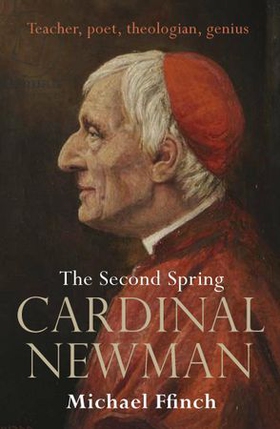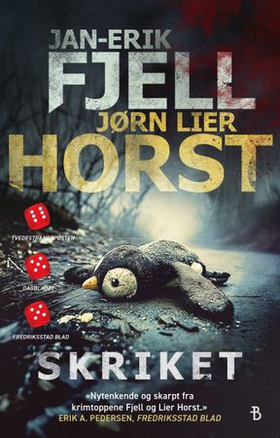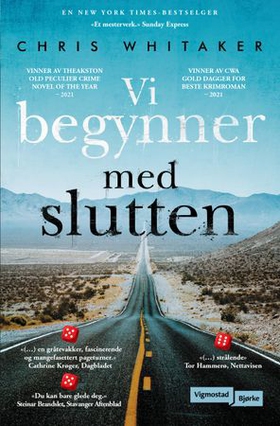
- Sett i bokhyllen
- Les gratis utdrag
Cardinal Newman ebok
The fascinating and insightful biography of one of the most intriguing, thoughtful and controversial figures of the 19th century.
'Growth is the only evidence of life' - so said poet, academic and theologian John Henry, Cardinal Newman. Canonised in 2019 (despite having said 'I have nothing of the saint about me'), Newman was an important and controversial figure in the religious history of the 19th century.
This highly lyrical and accomplished biography not only covers his religious life (he played a vital role in the Oxford Movement, and subsequently converted to Catholicism), but also places him in the context of 19th-century religious revival and changing attitudes. In addition to his sometimes controversial teachings, Cardinal Newman was also a poet who wrote the text of Elgar's The Dream of Gerontius and was responsible for the foundation of the Oratorian Order in England.
Michael Ffinch shows an unusual insight into Newman's character, finding an unexpected warmth and humour in a man often thought of as cold and austere. This fascinating biography also shows a deep understanding of a church emerging from dark centuries of persecution and misunderstanding into the light of what Newman himself chose to call 'The Second Spring'.






